Punjab to earn Rs 16,000 crore from the export of basmati rice grown here, the state government has stepped up efforts to ensure a good quality, pesticide free and export acceptable crop this year.
In the last fiscal (2018-19), basmati worth over Rs 32,000 crore was exported from India, with 50 per cent of this being grown and exported from Punjab. This year, too, with the paddy sowing season drawing near, the government is hopeful of a similar trend, considering a surge in the demand for basmati in Iran and Saudi Arabia. But with these countries becoming stricter on permissible level of residual pesticides, the government is getting in action to help the basmati growers.
This year, 5 lakh hectare area is targeted to be under cultivation of basmati varieties, as against 5.11 lakh hectare last year. The total production targeted this year is around 2 crore tonne, says Sutantar Kumar, Director, Agriculture.
While the state government is advising farmers and pesticide dealers not to use/sell nine chemicals Acephate, Trizophos, Thiamethoxam, Cerbendazim, Tricyclazole, Buprofezin, Carbofuron, Propiconazole and Thiophanate Methyl, the state is also introducing the concept of online traceability of agro chemicals.
A special project for the purpose has been readied by the state to be launched in Amritsar, Gurdaspur, Tarn Taran, Ferozepur, Fazilka, Muktsar and Sangrur.
Talking to The Tribune, KS Pannu, secretary, Agriculture, said they planned to register online all basmati growers in the state. “Farmers will be required to fill information about the type of pesticide used and its quantity.
Five basmati coordinators will be deployed in each block and a basmati project officer in each district to monitor the use of pesticides.
PAU experts will also be involved in monitoring any pest attack, besides ensuring that the package of practices they recommend to keep residual pesticide levels low and for demonstrating the Integrated pest Management techniques in the fields,” he said, adding that district level and state level monitoring committees would also be set up.
Rice exporters of the region too are chipping in to ensure lower levels of residual pesticides. While many exporters are going in for contract farming to have control over the type and quantity of pesticide used, others have also promised a bonus of Rs 100 per quintal of basmati found to have minimal pesticide residue, said Vijay Setia, a rice exporter from the region.



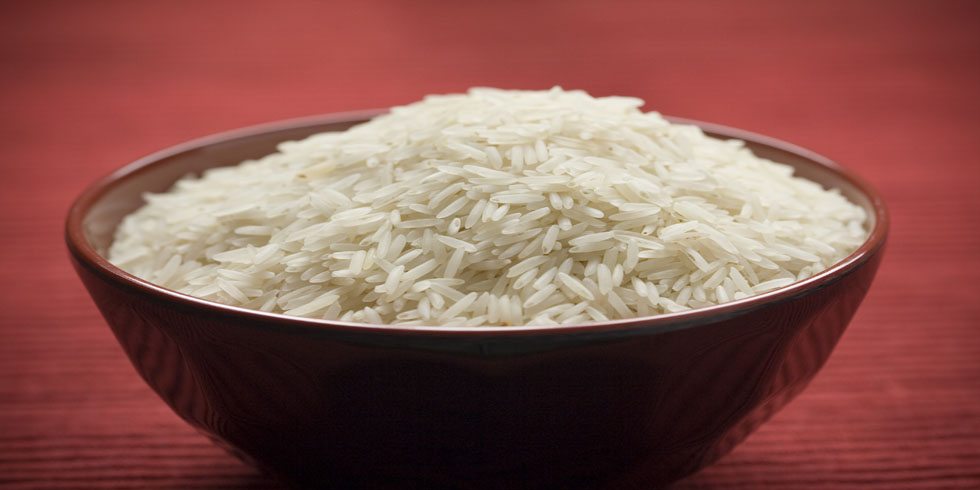
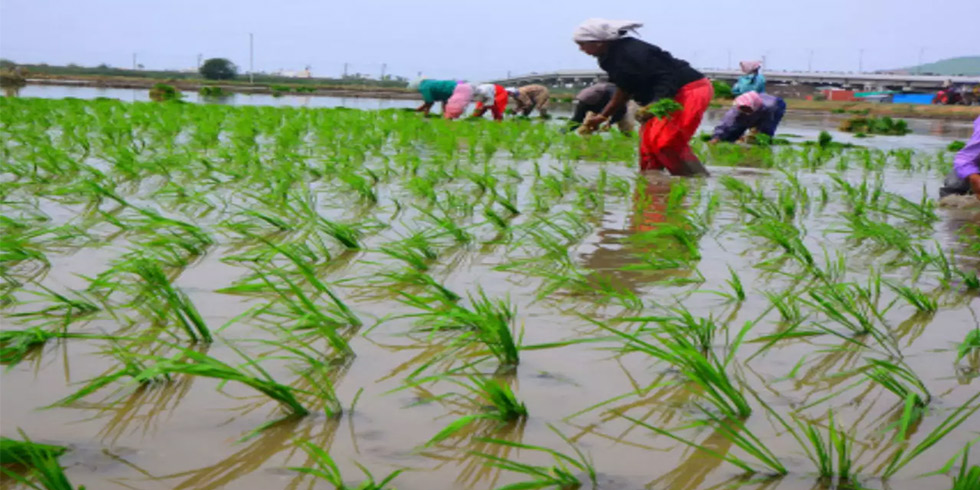
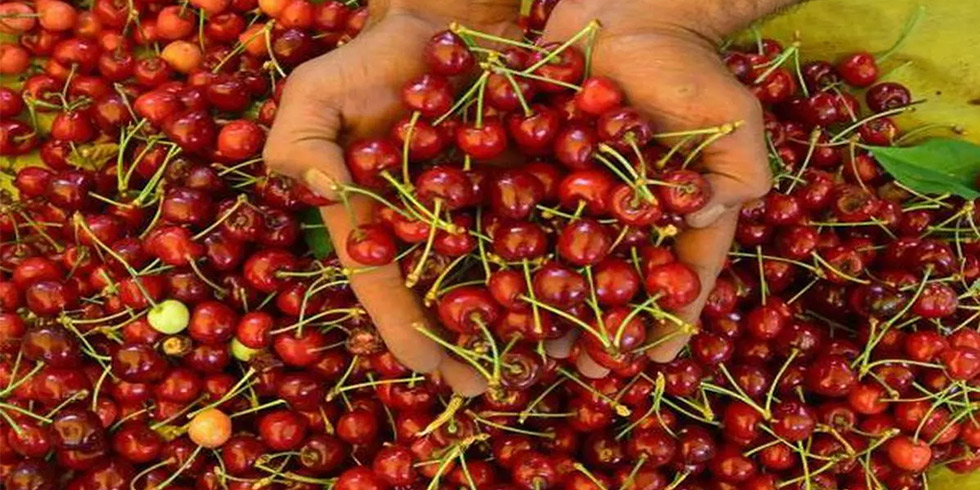
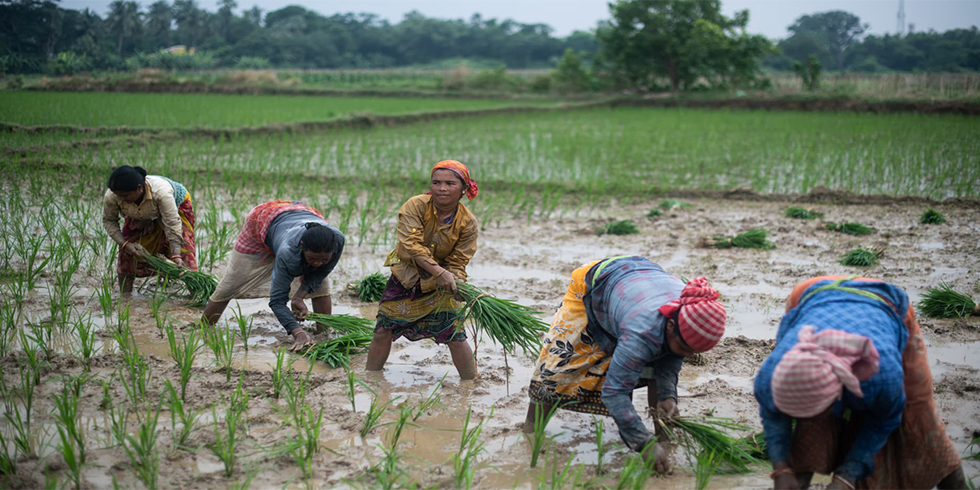
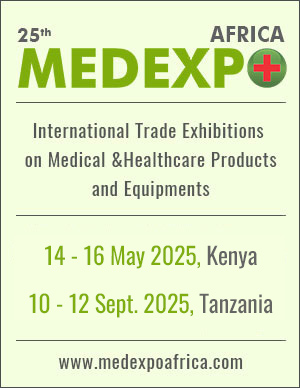
Add Comment